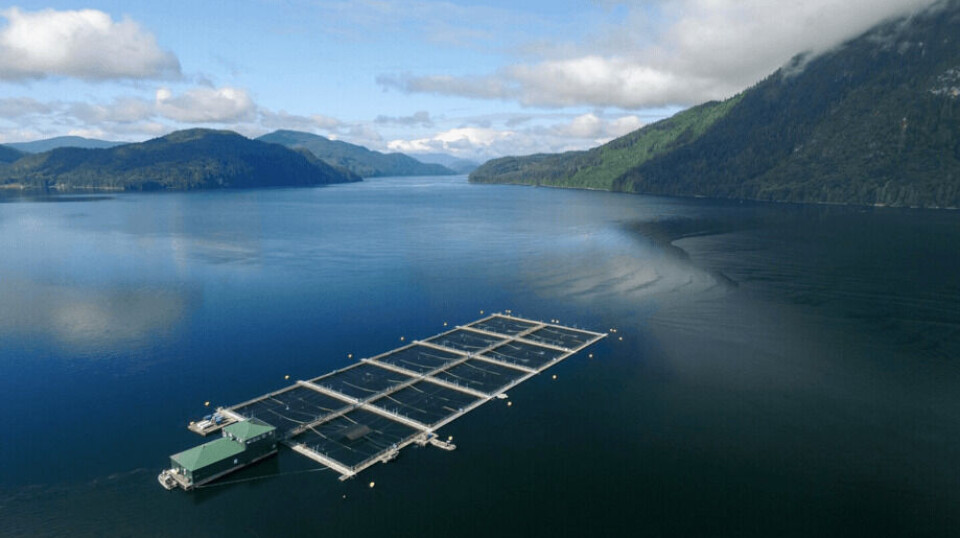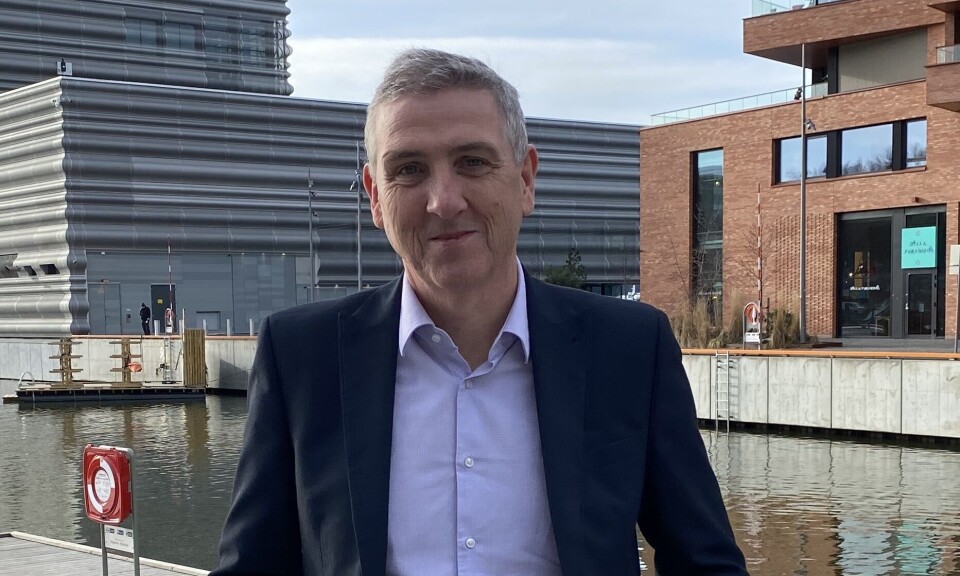
Dismay as Canada bans open net-pen salmon farms in British Columbia
Decision lacks scientific merit, says Mowi, as Cermaq warns that five-year deadline can't be met
Salmon farming giants Mowi and Cermaq have criticised a Canadian government decision to ban open net-pen salmon farming in British Columbia from mid-2029.
The announcement yesterday guarantees BC’s salmon farmers – primarily Norway-based Mowi, Grieg Seafood, and Cermaq – five-year licence renewals for existing net-pen farms, from July 1, 2024, until June 30, 2029. But after July 1, 2024, only marine or land-based closed-containment systems will be considered for salmon aquaculture licences in coastal BC.
In a stock market statement, Mowi, the world’s biggest salmon farmer, said: “The unfortunate announcement comes despite our efforts to pave the way for future sustainable growth and employment, including a thorough consultation process involving multiple stakeholders as well as gaining strong support over the years from the local communities in which we operate.
“We are disappointed with the decision since traditional marine salmon farming is absolutely sustainable, thus the basis for the decision lacks scientific merit. Mowi will now take the time to examine the announcement more closely and explore our available options before taking the appropriate action.”
Traditional marine salmon farming is absolutely sustainable, thus the basis for the decision lacks scientific merit
Mowi statement
Mowi said it has 46 seawater licences in Canada West (British Columbia) and harvested 19,000 gutted weight tonnes in Canada West in 2023, with revenues totalling €149 million and an operating profit of €11m. In the first quarter 2024 Mowi Canada West’s operational EBIT amounted to €0m.
Cermaq, which is owned by Japanese industrial heavyweight Mitsubishi, said it remains deeply concerned about the future of the sector in BC after yesterday’s announcement.

Chief executive Steven Rafferty said: “The announcement contributes to a growing uncertainty in international investment in British Columbia and Canada. While every other salmon producing country has farming licences of at least 25 years duration or eternal duration, the short licence length in British Columbia continues to be a barrier to significant investment, despite our strong willingness to grow the industry.
“Throughout our meetings and consultations, we have explained to various departments within the Canadian government why land-based and closed containment-based farming cannot replace current seawater production in a period as short as five years. Unfortunately, our arguments - and those of the entire industry – [and] even science-based facts have been rejected. The objective the government has put forward in front of us cannot be delivered in this timeframe and is in fact, logistically impossible in remote coastal areas due to lack of suitable land or supporting infrastructure.”
A willing partner
Cermaq said it has been a responsible and willing partner throughout the Liberal government’s Transition process, which started with a 2019 Liberal manifesto promise to transition BC salmon farming away from open net-pens.
“This decision limits any further opportunities for a modern salmon farming sector in British Columbia. We will take time to study the detail of the announcements and consider our next steps. For the moment, our concerns are with our employees, indigenous partners and all the families impacted by the continuous fear of loss of employment,” said Rafferty.
The company said it has been a challenging period for its employees, coastal communities, and First Nations with whom it works. Previous farm closures meant that since 2020, more than 1,500 sector jobs had been lost across BC, with salaries and benefits totalling almost $87m annually disappearing with them.
This announcement will have significant negative impacts on the rural, coastal and Indigenous communities where we operate and could result in a very real possibility that we will not be able to deliver on our commitments to our First Nation’s protocol agreements and most importantly reconciliation
Cermaq Canada managing director David Kiemele
“Over the last four years, we have worked hard to meaningfully engage in the process set out by the [Canadian government’s] Department of Fisheries and Oceans, in support of a healthy salmon farming sector and healthy wild salmon populations,” said David Kiemele, managing director of Cermaq Canada.
“It is extremely disappointing to see that engagement has not resulted in a better understanding of our company and the realities of the limitations of certain innovation pathways.
“We are also disappointed to witness a complete lack of proper consultation with our Indigenous partners. This announcement will have significant negative impacts on the rural, coastal and Indigenous communities where we operate and could result in a very real possibility that we will not be able to deliver on our commitments to our First Nation’s protocol agreements and most importantly reconciliation.”
First Nations
Cermaq said it expects the government to prioritise meeting the objectives of the First Nations who have salmon farming in their territories and that the process going forward will support that objective.
“Our team will carefully review the policy decision announced today and thereafter communicate accordingly.”
Grieg Seafood announced last night that it will suspend any investments in BC and await the government’s draft transition plan, due by the end of July, to assess further actions.
























































